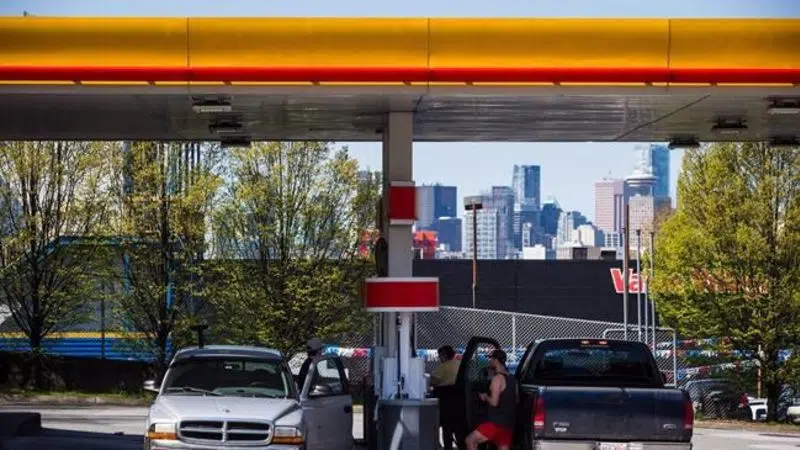
Gasoline prices rose with land costs but full differentials unexplained: report
VANCOUVER — Gasoline prices in British Columbia have risen in line with land costs and credit card processing fees but that doesn’t fully explain why they’re so much higher than in other parts of Western Canada, a new report says.
The report by Deetkten Group was posted online late Wednesday by the B.C. Utilities Commission, which is overseeing a public inquiry into sky-high gas prices in the province.
The consultant’s report says Vancouver’s gasoline retail margins, which are the difference between the wholesale price for fuel and the retail price less tax, “highly” correlates with local land values.
It also says credit card processing fees are applied as a percentage of a total transaction, meaning the fees will be higher in jurisdictions like Vancouver where prices at the pump are already high.


